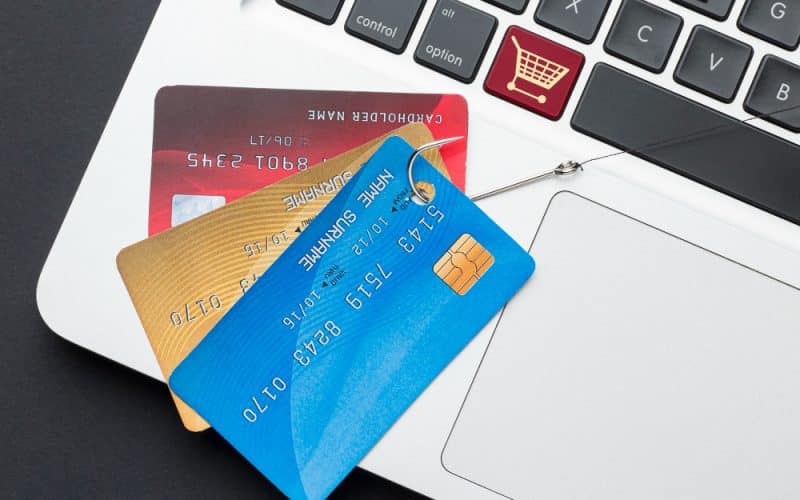Do you want to learn the difference between debit cards and credit cards? You’ve come to the right place. It’s easy to be confused between the two. After all, they are both accepted forms of payment at most stores, they eliminate the need to carry cash, they look the same, and they might both be tied to the same bank. But there are key differences between the two, which are important to understand if you wish to make the right financial decisions. Keep reading to discover more about debit cards and credit cards.
Debit Cards Explained
Like credit cards, debit cards are extremely convenient, but they work a little differently. Debit cards take money directly from your checking account every time you make a purchase. More specifically, this process works by placing a hold on the amount of the purchase. The merchant then sends the transaction to their bank, and it is transferred to the merchant’s account. Please note that it can take a few days for the transaction to go through.
Further, all debit cards come with personal identification numbers (PINs). In the past, you were required to enter your PIN every time you purchased an item with your debit card. However, nowadays, many debit cards are equipped with chips allowing you to “tap” your card and pay instantaneously.
A few other key facts about debit cards are as follows: your credit history (score) will not be affected by your debit purchases, you won’t pay interest on any debit purchases made, and paying with debit means the money is withdrawn from your checking account almost immediately.
Credit Cards Explained
A credit card is a type of card that allows the cardholder to borrow money against a line of credit. The line of credit is the credit card’s limit, and all credit cards have a set limit (though this limit may change over time). When you purchase something with a credit card, this transaction will be reflected on your bill. Once you receive the bill, you are responsible for paying your credit card issuer.
Paying off your credit card balance is extremely important as if you fail to do so, you will be charged interest on your remaining balance. Credit card interest rates are known to be high, especially when compared to other types of loans. Plus, your credit card balance and payment history can directly impact your credit score.
When you open a credit card, you can expect the credit card issuer to set your credit limit based on your credit history. If you prove yourself to be a responsible credit card user, your issuer may increase your credit limit down the road. Unlike debit cards, you will owe interest on your purchases if you do not pay them off by the payment due date.
Debit Cards vs. Credit Cards
The key difference between a debit card and a credit card is that credit cards involve borrowing money, whereas debit cards do not. It’s more difficult to spend beyond your means with a debit card since the money leaves your checking account almost instantly. Whereas with a credit card, transactions may not appear for several days and you have until the end of your billing cycle to pay off any purchases made. While this increases the likelihood of overspending, it can also be hugely beneficial, especially in emergencies. Ultimately, which card you use and how you use them is up to you. Both are convenient forms of payment with their own unique pros and cons.






